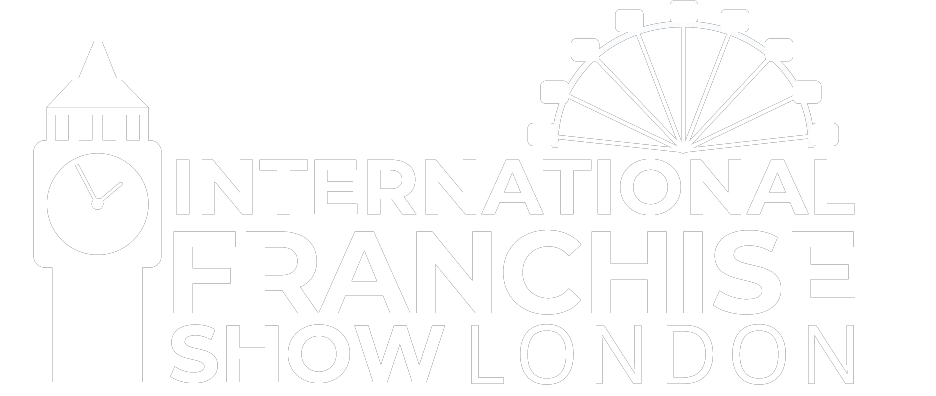Weighing the Pros and Cons of Investing in a Property Franchise
)
Investing in a property franchise can be an enticing opportunity for entrepreneurs seeking to enter the real estate industry with a proven business model. While property franchises offer a range of benefits, they also come with their own set of challenges. In this article, we'll delve into the pros and cons of investing in a property franchise to help you make an informed decision.
Pros of Investing in a Property Franchise:
- Established Brand and Reputation: Property franchises often come with recognised and trusted brand names. This can provide a competitive advantage, as customers are more likely to choose a familiar and reputable brand over lesser-known options.
- Proven Business Model: Franchises have already developed successful business models, including operational systems, marketing strategies, and customer service protocols. Investors can avoid the trial-and-error phase and hit the ground running with a ready-to-implement framework.
- Training and Support: Property franchises typically offer comprehensive training programs for franchisees and their staff. This ensures that everyone is well-versed in industry best practices, legal regulations, and effective sales techniques.
- Access to Resources: Franchisees often benefit from economies of scale, gaining access to a wide range of resources, including marketing materials, technology tools, and vendor relationships, that might be otherwise challenging to obtain independently.
- Lower Risk: Investing in a property franchise may carry less risk compared to starting an independent business from scratch. The established brand and operational support can provide a safety net for investors.
Cons of Investing in a Property Franchise:
- Initial Costs: Franchise fees, setup costs, and ongoing royalties can be significant. While these fees provide access to the franchise's resources, they also represent a financial commitment that may take time to recoup.
- Limited Flexibility: Franchisees must adhere to the franchise's established systems, which might limit their ability to innovate and adapt quickly to local market changes. Flexibility can be compromised in favour of consistency.
- Brand Dependence: While an established brand can be an advantage, it can also mean that the franchise's reputation directly affects the investor's business. Negative publicity or brand-related issues could impact customer trust.
- Shared Success: Despite investing time and effort, a portion of the franchisee's success goes back to the franchisor through royalty payments. This revenue sharing may lead to a feeling of limited ownership.
Investing in a property franchise offers both advantages and disadvantages. The decision to invest should be based on careful consideration of personal goals, financial capabilities, and willingness to operate within the franchise's established framework. While established brand recognition, proven business models, and ongoing support are enticing benefits, investors must also weigh the costs, potential limitations, and shared success aspects. Thorough research and due diligence are essential in making an informed choice that aligns with an individual's entrepreneurial vision and ambitions.







